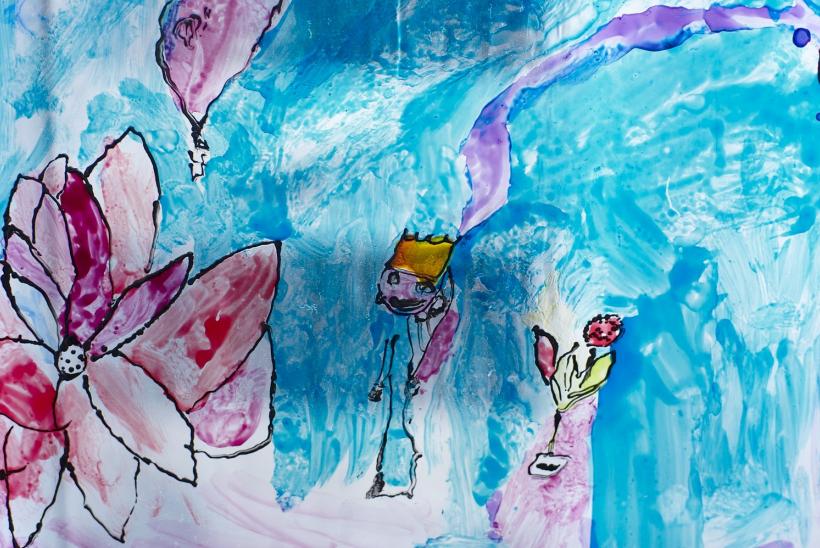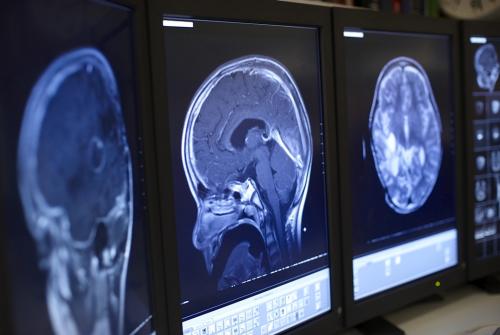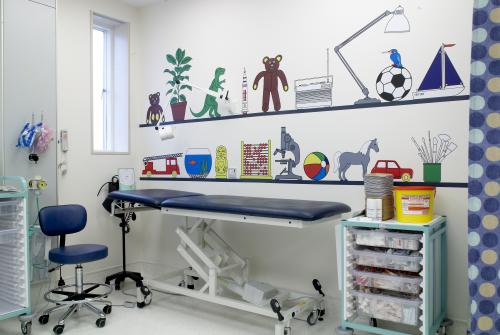Neurodisability
Overview
The Wolfson Neurodisability Service provides comprehensive assessment, diagnosis and advice on management of children with complex neurodevelopmental disorders. The service is comprised of a number of specialist multidisciplinary teams. These professionals can include developmental paediatricians, paediatric neurologists, clinical psychologists, occupational therapists, physiotherapists, speech and language therapists and assistive technologists.
We endeavour to provide an understanding of children’s developmental difficulties and discuss these with the families, to respond to questions and provide specialist multidisciplinary assessments. We make recommendations for the child’s needs and provide comprehensive written reports for families and key professionals.
Outcomes
Here, we provide our outcomes from the perspective of parents, carers (for patients aged under 12) and the young people themselves (aged 12 and over) for our Osteogenesis Imperfecta service. This patient-reported outcome measure (PROM) gives us information about how our service assists with health-related knowledge and empowerment, and the effects of our care on daily living. Below is a summary of results from 2013/14 through to 2017/18.
-
Throughout the past five years (2013-18), the results show us that we consistently answer our parents’ important questions in a way that they can understand and we involve them in decision-making. We achieved 97% in 2015/16 and 100% in all other years for these aspects of our care. We had similar responses from our young people, but it is important to note that in 2017/18 one (13%) responded that they were not involved enough in decision-making about their care. This compares to 2015/16, when three (17%) indicated that they did not receive answers that they could understand, and two (11%) responded that they were not involved enough in decision-making about their care
-
Of those who required home or school input in the five years surveyed, 94% of parents/carers and 75% of our young people responded that input at home has improved independence, and 84% of parents/carers and 84% of young people answered that our input at school has helped their child/them to take part in physical education (PE) and exercise.
Conditions we treat
- Autism spectrum conditions
- Complex autistic spectrum conditions
- Cerebral palsy
- Neurodisabilities relating to head injury
- Dyspraxia and development co-ordination disorder
- Epilepsy and associated developmental problems
- Visual impairment
- Dysphagia
- Learning disability
- Movement disorders
- Angelman Syndrome
- Metabolic disorders with neurological complications
- Osteogenesis Imperfecta
- Sturge-Weber Syndrome and associated medical and developmental problems
Refer your child for treatment
Use the form below to refer your child for treatment. A member of our team will be in touch within 2 working days.
Mandatory fields




